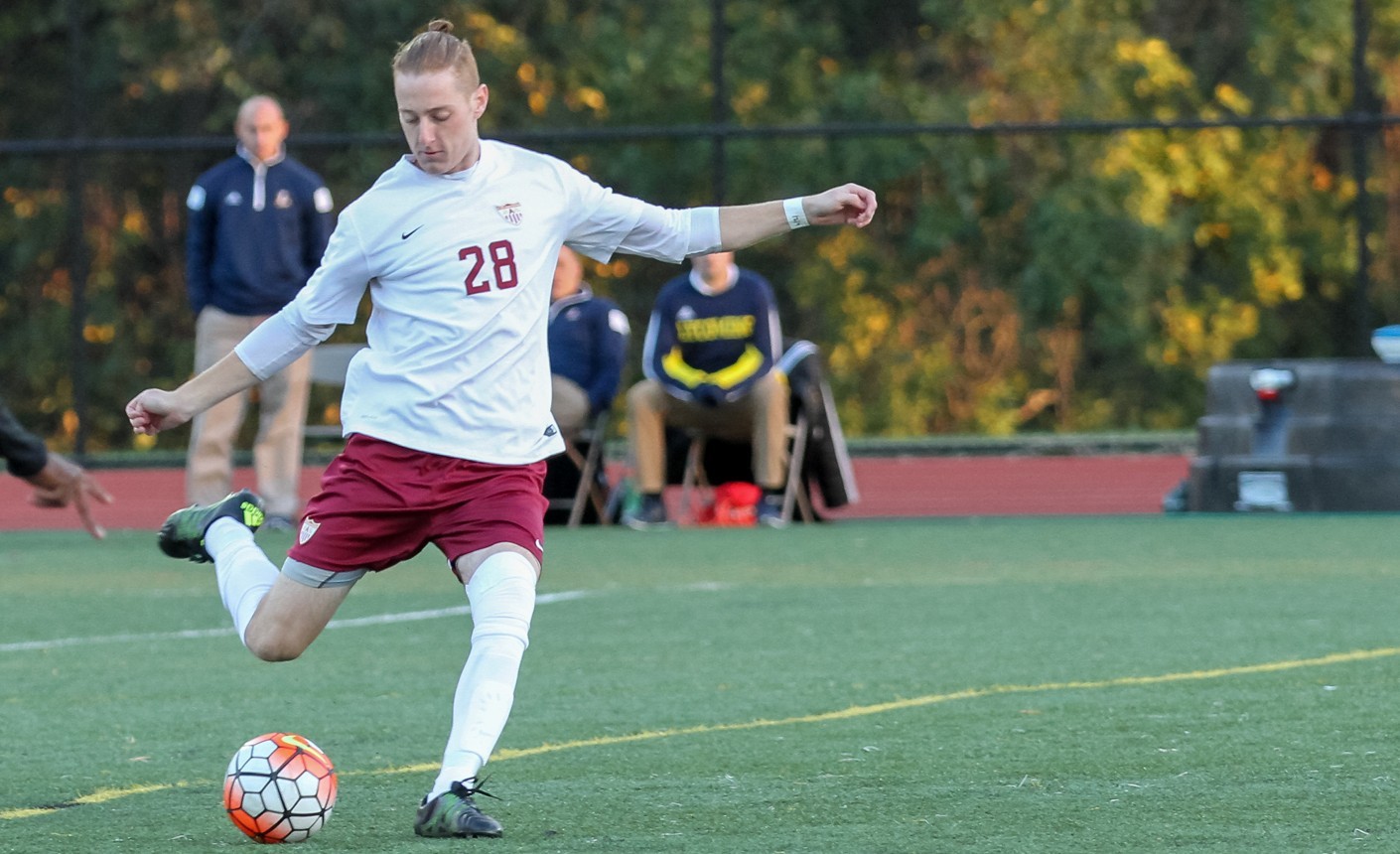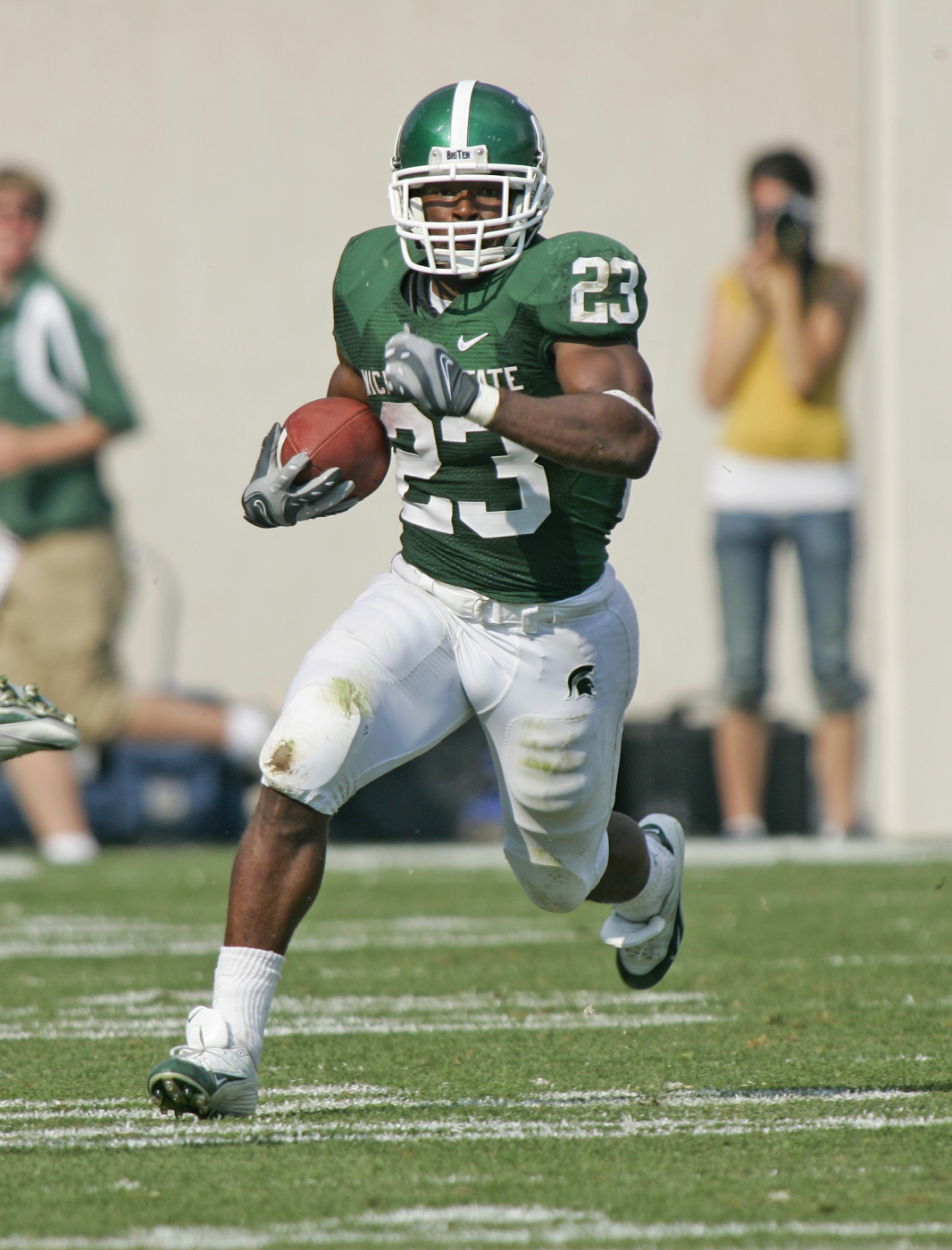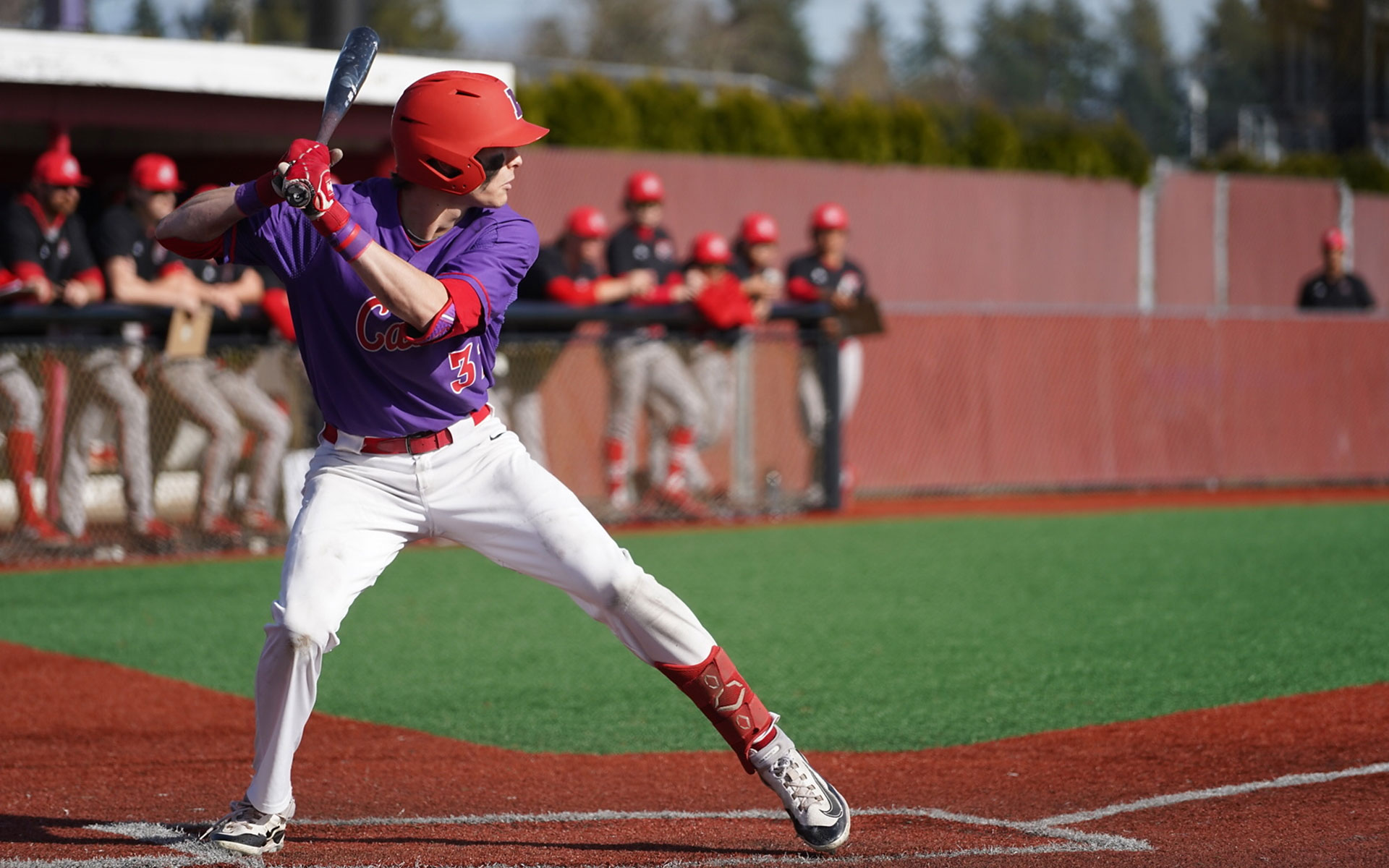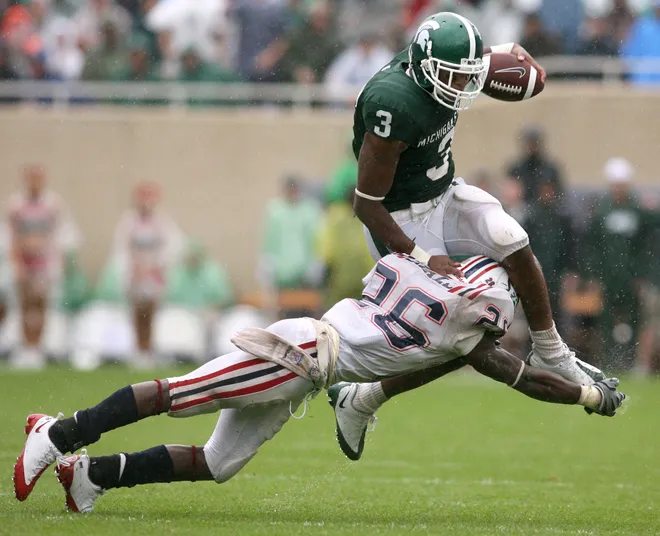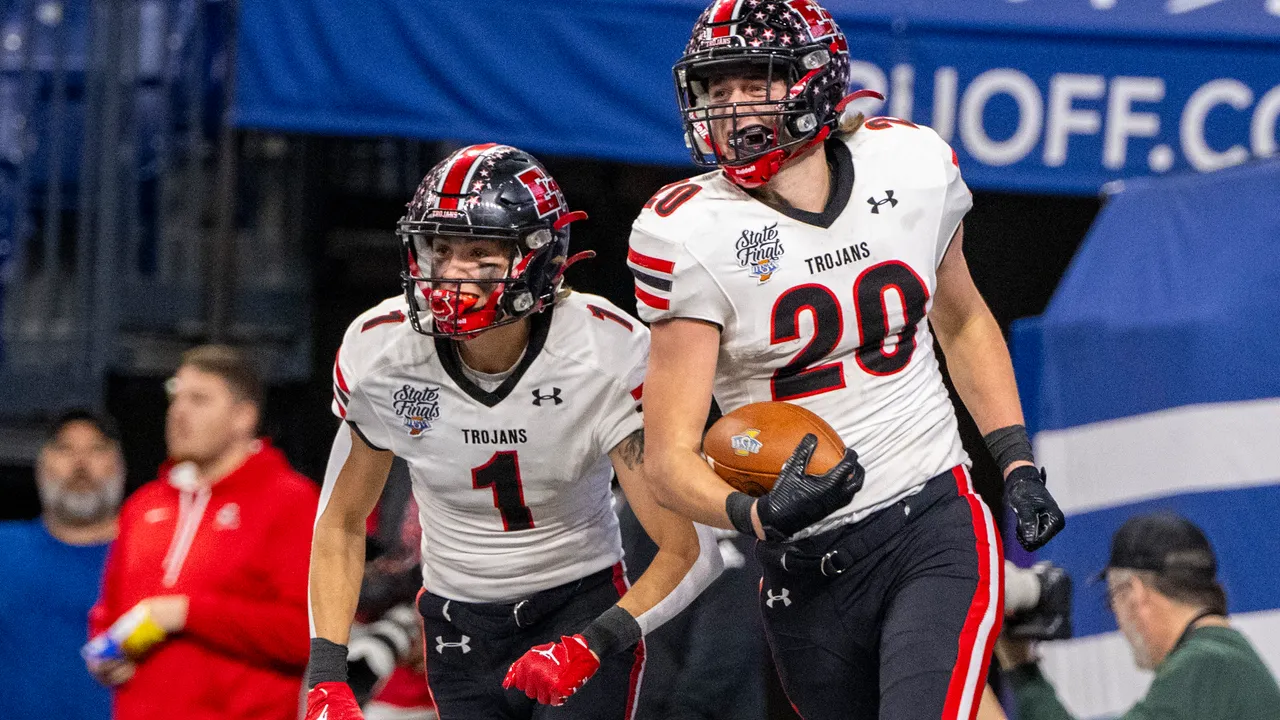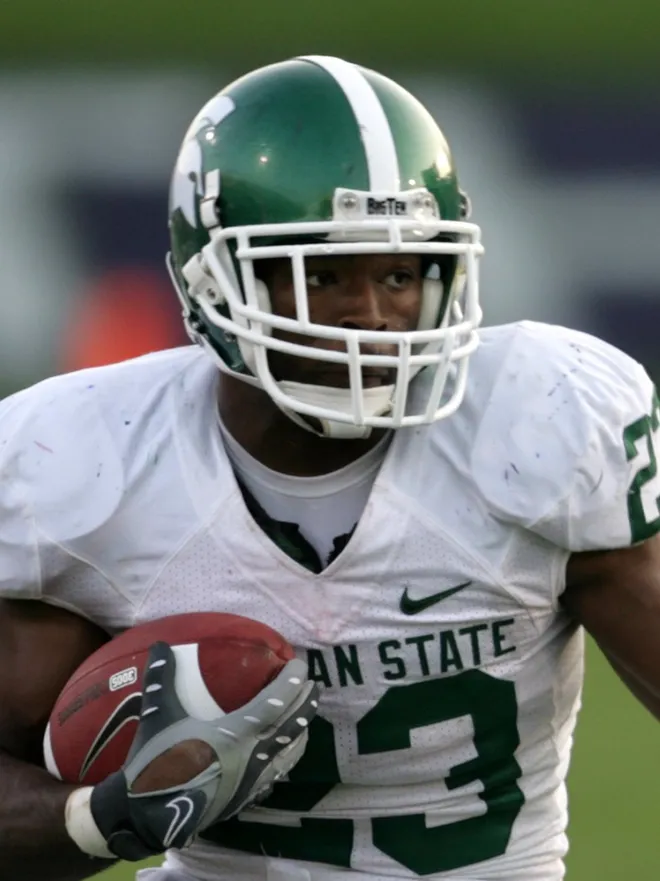I. Introduction
A. Definition and concept of a ringer in sports:
A ringer in sports refers to an individual who is recruited or brought into a team with exceptional skills and abilities, often surpassing the average level of performance in that sport. These individuals are often well-known or highly experienced, and their inclusion in a team is aimed at boosting performance and achieving success.
B. Overview of what will be covered in the article:
This article aims to explore the concept of ringers in sports, their role, and their impact on teams. It will delve into both historic cases and modern-day instances of ringers, analyzing their influence on team success and the broader implications for the sport. The article will also discuss the ethical considerations and controversies surrounding the use of ringers, focusing on the balance between competition and fairness in sports.
II. The Role of a Ringer in Sports
A. Definition and characteristics:
- Defining a ringer in sports:
A ringer is an individual who is introduced into a team for the purpose of enhancing the team’s overall performance. They possess exceptional skills and abilities that set them apart from average players in the sport. - Identifying the key characteristics that differentiate a ringer from an average player:
Key characteristics of a ringer include their exceptional talent, expertise, and proficiency in multiple positions or disciplines. These players often have a proven track record of success and a reputation that precedes them.
B. Skills and abilities of a ringer:
- Exceptional talent and expertise:
A ringer typically possesses exceptional talent and expertise in their respective sport. They exhibit superior technical skills, physical prowess, and game intelligence, enabling them to make a significant impact on the outcome of matches or games. - Proficiency in multiple positions or disciplines:
Some ringers possess the ability to play at an exceptional level in multiple positions or disciplines within their sport. This versatility adds value to their inclusion in a team as they can adapt to various roles and contribute effectively in different situations.
III. Impact of a Ringer in Sports
A. Boosting team performance:
- Elevating the overall skill level of the team: The presence of a ringer in a team elevates the overall skill level, providing a higher standard of play. Their abilities introduce new dynamics, strategies, and creativity to the team, inspiring and motivating their teammates to perform better.
- Enhancing team dynamics and competitiveness: The inclusion of a ringer often leads to improved team dynamics, as their presence brings a new level of competitiveness and professionalism. They set higher standards and work ethics, pushing their teammates to strive for greater achievements.
B. Controversies surrounding ringers:
- Ethical considerations: a. Unfair advantage to the team with a ringer: Critics argue that the addition of a ringer can create an unfair advantage for the team, disrupting the balance and fairness of the competition. It can result in an uneven playing field and impact the integrity of the sport.
b. Impact on the integrity of the sport: The use of ringers may raise questions about the integrity of the sport, particularly when it comes to national teams. Some argue that the inclusion of foreign-born players or athletes from different nations may dilute national identity and loyalty.
- Balancing competition and fairness in sports: Finding the right balance between maintaining competitiveness and ensuring fairness is a challenge when it comes to the use of ringers. Sports organizations and governing bodies must strike a delicate balance to prevent excessive dependency on ringers that may hinder the development of local talent.
IV. Examples of Ringers in Sports
A. Historic cases of notable ringers
- Instances where ringers have dramatically influenced team success:
Historically, there have been several cases where the inclusion of a ringer has had a transformative effect on a team’s success. One such example is the recruitment of Pele by the New York Cosmos in the 1970s. Pele’s exceptional skills and global reputation brought widespread attention to the team and significantly elevated their overall performance. The team enjoyed increased success both on the field and off, ultimately popularizing soccer in the United States. - Evaluation of the long-term impact of ringers in the sport:
While the immediate impact of ringers can be impressive, it is important to assess their long-term impact on the sport. In some cases, the presence of a ringer can lead to increased interest and investment in the sport, attracting more talent and resources. However, there is also the risk of creating dependency on the ringer, hindering the development of existing players and long-term sustainability of the sport.
B. Modern-day cases and controversies
- Recent instances of ringers being employed in various sports:
In modern times, the use of ringers in sports continues to be prevalent. In basketball, teams often recruit high-profile players from overseas leagues to enhance their rosters. An example is Yao Ming, who was drafted by the Houston Rockets in 2002 and later became a dominant force in the NBA. Similarly, in professional wrestling, companies occasionally hire famous athletes from other sports or well-known celebrities to participate in high-profile matches or events. - Debates and discussions surrounding their inclusion and impact:
Despite the advantages that ringers can bring, their inclusion also sparks debates and discussions. One such example is the use of foreign-born players in national sports teams. Critics argue that these ringers may hinder the growth and development of homegrown talent. Additionally, concerns arise regarding the potential loss of national identity and loyalty when ringers represent a country in international competitions.
In conclusion, the examples of ringers in sports provide insight into their significant impact on team success and the long-term development of the sport. Though historically, the presence of ringers has been celebrated for their exceptional abilities, it is crucial to evaluate the broader impact and carefully manage their integration into teams. This ensures a balance between harnessing their talents and maintaining fairness and integrity in the sport. Modern-day instances and controversies further fuel discussions on the ethical considerations and trade-offs involved in the inclusion of ringers. As sports continue to evolve, finding the right balance between competition and fairness will remain a key challenge for sports organizations and governing bodies.
